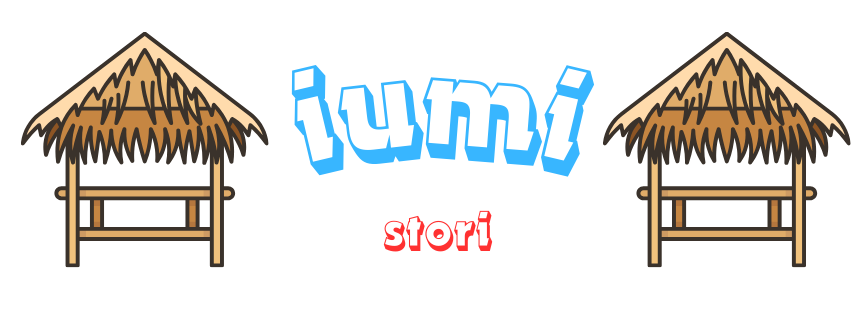The Solomon Islands Knowledge-Action-Sustainability for Resilient Villages (SOLKAS) project, in collaboration with the Ministry of Agriculture and Livestock extension services, recently joined forces with communities in Ward 29, Malaita, to implement climate-smart agriculture techniques. These areas, which are highly vulnerable to the impacts of climate change, are experiencing significant shifts in rainfall patterns, affecting local agriculture and livelihoods.

As part of the project, the community was introduced to a variety of sustainable practices designed to enhance resilience against climate impacts.

These techniques include the installation of drainage systems, treatment of saline soils, production of organic liquid fertilizers, composting, development of above-ground nurseries, and terracing to prevent soil erosion and improve crop yield.

The SOLKAS project aims to strengthen the climate resilience of children, youth, and communities across the Solomon Islands. This initiative is primarily funded by the Green Climate Fund, with support from the Governments of Australia, New Zealand, and the Solomon Islands, marking a significant step toward long-term sustainability in climate-vulnerable regions.
End///
[SOURCE] SCSI



